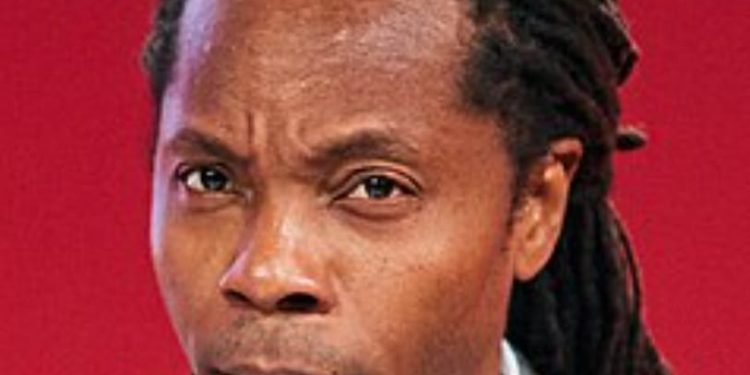By Albert David
The current trajectory of the Tripartite Committee’s implementation, commandeered by the Office of the Chief Minister, represents a radical departure from democratic norms and a deeply unethical manipulation of public trust. It is not merely a bureaucratic misjudgment, it is a strategic dismantling of consensus-building, executed under the guise of civic engagement.
The civic education schedule released by the Tripartite Steering Committee Secretariat (TSCS) is emblematic of this deception. It lacks transparency, omits logistical clarity, and fails to meet the procedural integrity demanded by Recommendation 78. Worse still, the partisan screening of participants, particularly in opposition strongholds, suggests a deliberate attempt to shrink democratic space and weaponize public consultation for political gain.
This is not reform. It is executive overreach masquerading as progress.
When electoral reform becomes the exclusive domain of one political office, it ceases to be reform, it becomes political engineering. The Chief Minister’s office, by centralizing control, has effectively undermined the Tripartite’s foundational principles: shared ownership, mutual respect, and institutional balance.
This move is not only constitutionally suspect, it is intellectually indefensible. It violates the spirit of democratic negotiation and sets a dangerous precedent for future governance. Sierra Leone’s democracy cannot afford to be reshaped by unilateral decisions that exclude opposition voices and civil society stakeholders.
The consequences are profound:
Public distrust in the reform process will deepen. Political polarization will intensify. Institutional credibility will erode. Civic engagement will be reduced to a performative exercise.
To reverse this troubling course, the government of Sierra Leone must urgently adopt a radically inclusive and constitutionally grounded approach. The following measures are not optional, they are imperative:
(a) Democratize the Steering Committee: Power must be redistributed. Equal representation from all political parties, civil society, and international guarantors is non-negotiable.
(b) Investigate and Reform: Allegations against TSCS staff must be independently investigated. Accountability is the cornerstone of legitimacy.
(c) Transparent Civic Engagement: Every district session must be publicly documented, with clear objectives, venues, and participation criteria. No more secrecy. No more manipulation.
(d) Public Accountability: The Chief Minister’s office must issue a formal apology and relinquish unilateral control. Democratic reform cannot be dictated, it must be negotiated.
(e) Reaffirm the Tripartite Spirit: The government must recommit to the principles of Recommendation 78, not just in word, but in deed.
Sierra Leone’s democratic journey is at a critical juncture. The people are watching. The international community is watching and history is watching.
Will the government choose the path of inclusive reform and constitutional fidelity, or will it persist in a course of executive dominance and democratic erosion?
The answer will define not just the legacy of the Tripartite Committee, but the future of Sierra Leone’s democracy itself.
Let us hope that wisdom prevails over ambition, and that the promise of the Tripartite is reclaimed, not as a partisan tool, but as a national covenant for justice, transparency, and unity.













